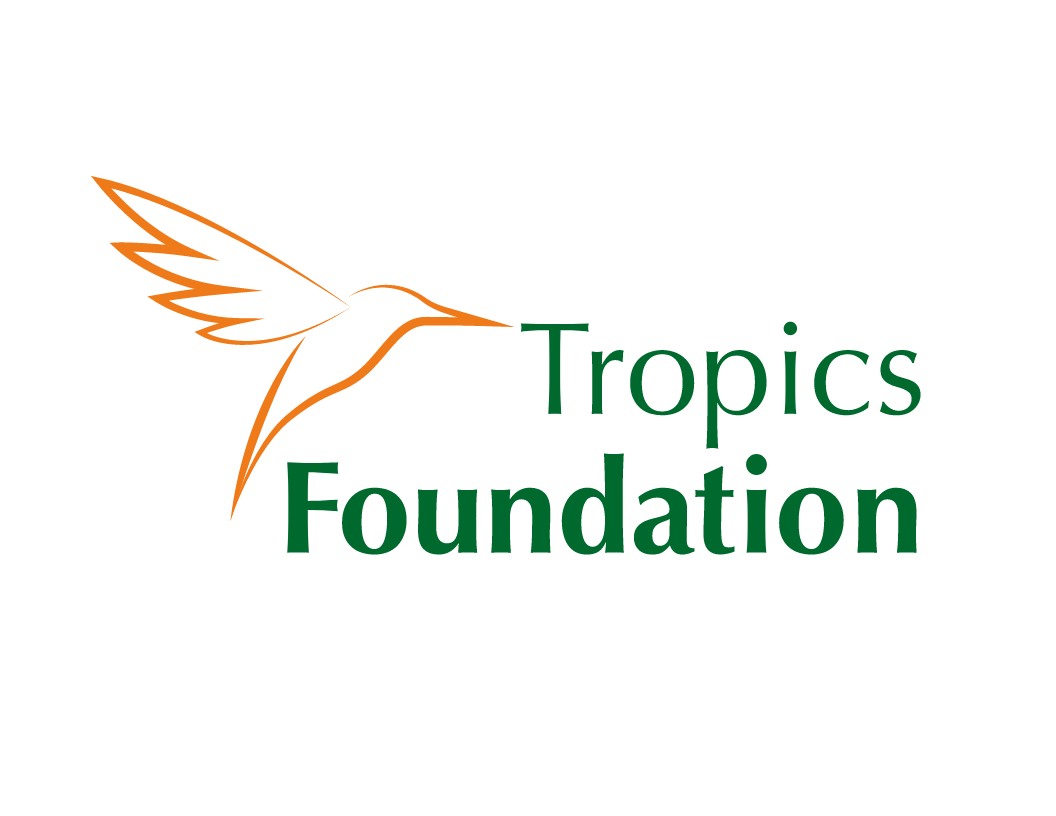The International Biological Control Congress at CATIE: Advancing Toward Regenerative and Sustainable Agriculture
The Tropics Foundation proudly participated in the opening of the International Biological Control Congress, held at CATIE’s headquarters in Turrialba, Costa Rica. This international gathering brought together leading schools and experts in biological control to exchange knowledge, share experiences and promote innovative solutions for sustainable agriculture.
During the inauguration, Prof. Dr. R. A. Sikora from the University of Bonn, Germany, was recognized for his outstanding contributions to the global advancement of biological control of pests and diseases, as well as for his mentorship of hundreds of researchers across the world. He then delivered the keynote lecture entitled “Rhizosphere Microorganisms for the Biological Control of Soil Pathogens.”
The program continued with contributions from the German School, including presentations by Prof. Dr. J. Hallmann(Julius Kühn Institute, Braunschweig, Germany). In the afternoon, the Spanish School enriched the agenda with lectures focused on plant holobionts and the use of chitosan for pest and disease management.
Continuing Today
The congress is still underway, offering a diverse program that includes:
Technical sessions on biological control of phytoparasitic nematodes using endophytic microorganisms.
A poster session presenting innovative research by emerging scientists.
Case studies on large-scale sustainable productivity, including experiences from pineapple farming in Costa Rica.
Dialogues with private sector representatives on scaling up biological control practices.
A Platform for Global Collaboration
This congress highlights the critical role of international cooperation in advancing regenerative and sustainable agriculture. By fostering dialogue among academic institutions, researchers, farmers and the private sector, CATIE and The Tropics Foundation are helping shape practical solutions to reduce pesticide dependence, enhance soil health and strengthen resilience across tropical agricultural systems.
Written by: Estefanie Ramírez Brenes.
📧 estefanie.ramirez@catie.ac.cr



